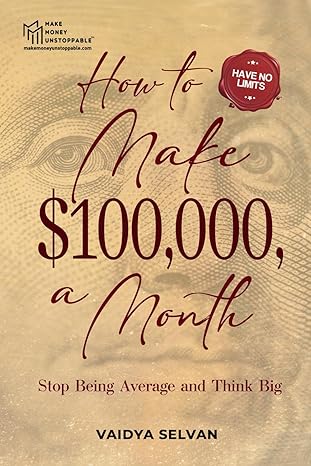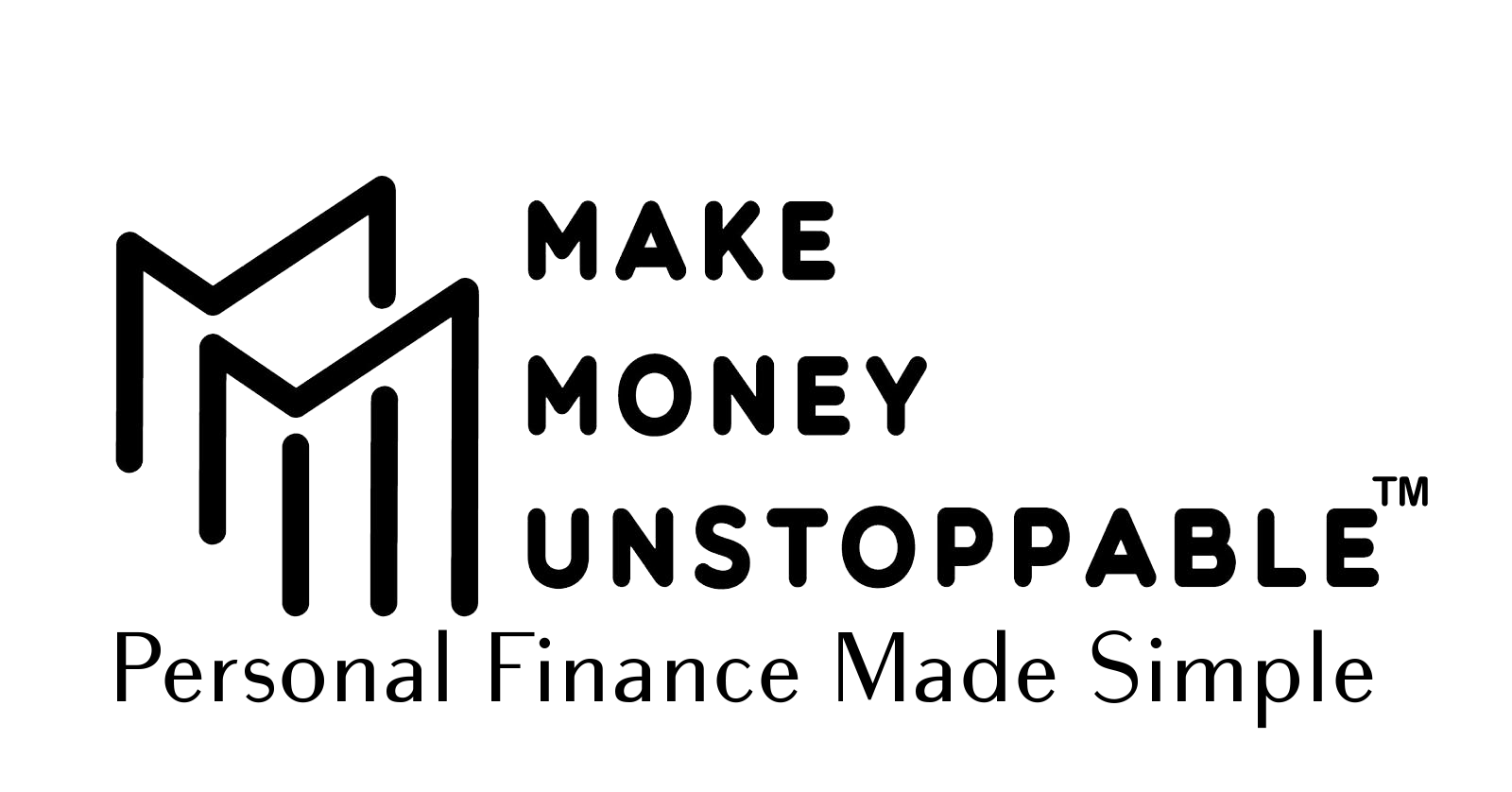
The True Cost of Comparison: How Financial Envy Impacts Our Lives
Introduction: The Hidden Price of Wealth Comparison
In today’s hyper-connected world, comparing our financial status to others has become almost second nature and may have become the norm for many. Often unconscious at first, this habit can quietly deepen over time, leaving a lasting impact on our emotional and financial well-being. Whether it’s noticing a neighbor’s new car, scrolling past luxury vacations on social media, or hearing about someone’s promotion, these moments spark internal questions: Am I doing something wrong? Am I successful enough? Everyone around me seems to be successful. Self-doubt may tend to creep in and make you feel empty on the inside.
Last Updated: March 26, 2025

Disclaimer:I am not a licensed financial advisor, financial planner, tax professional, or attorney. The information provided in this blog is for general informational and educational purposes only and should not be construed as professional advice. Always consult with a qualified expert before making financial, legal, or tax-related decisions.
This blog explores the psychological, emotional, and financial consequences of wealth comparison. It reveals how financial envy, fueled by social cues and digital exposure, can distort our self-worth, influence our spending habits, and undermine long-term financial and mental health. Most importantly, it offers practical strategies to break free from this cycle and redefine success on your own terms, living life by staying in your lane.
Why We Compare: The Psychology Behind Financial Envy
Social Comparison Theory
At the heart of wealth comparison lies the social comparison theory, a psychological concept that suggests how people determine their personal and social worth by assessing how they compare to others. This behavior is deeply human and, in many cases, can be constructive. It can offer motivation, provide benchmarks for growth, and help us learn from others’ experiences.
People tend to compare themselves to those who appear more affluent, often without considering the full context behind that appearance. This kind of upward comparison frequently leads to feelings of inadequacy, envy, and pressure to match a perceived level of success. The more visible someone’s wealth is, usually through tangible possessions, lifestyle choices, or career achievements, the more likely it is to trigger these comparisons, regardless of whether the image reflects reality or not.
Unlock your financial freedom.
Download this FREE eBook!.
How to make $100,000/month? Stop being average and think big.

Stop Settling. Start Scaling.
Unlock the mindset, systems, and strategies top earners use to build unstoppable income.
Think Bigger. Earn Smarter.
This free eBook serves as your blueprint for scaling quickly, earning relentlessly, not settling for mediocrity, and living life on your terms.
Inside, you’ll discover:
- The Millionaire Mindset Blueprint
- Income streams that run on autopilot
- Entrepreneur hacks for focus and financial dominance
- One strategy to launch multiple income streams
- How to break free from “just enough”
- Tools to crush limiting beliefs and build your empire
Average doesn’t scale. Vision does. Download now and start your $100K/month transformation.
Yes, this eBook is free. Just drop in your email here to get instant access. ONE eBook per email.
The eBook is sent automatically and should arrive within minutes. Depending on your email provider, it may appear in your Spam or Promotions folder. While we don’t control its exact placement, you can be confident it has been dispatched and is waiting for you.
PLUS: Get Access to exclusive financial tips, learn everything about money and get early blog updates – delivered directly to your inbox .

The Role of Financial Insecurity in Social Comparison
Financial insecurity, whether caused by mounting debt, unpredictable income, or insufficient savings, can intensify the human tendency to compare oneself to others. In times of economic uncertainty, people often seek validation by measuring their financial status against their peers. However, this habit may frequently lead to negative emotional outcomes.
- Instead of feeling inspired, people often experience low self-esteem, financial stress, and emotional burnout.
- The comparison trap can worsen money anxiety, especially when people perceive others as effortlessly successful.
How Financial Insecurity Skews Perception
Insecurity doesn’t just affect emotions; it can distort reality. People may assume that a colleague’s success is permanent or easily attained, overlooking the possibility of hidden financial struggles and personal sacrifices.
- This distorted lens fuels feelings of inadequacy and deepens financial anxiety.
- It creates unrealistic benchmarks that hinder personal financial growth and mental well-being.

The Illusion of Wealth: Why Appearances Can Be Deceptive
In today’s consumer-driven culture, perceived wealth is often based on superficial indicators like luxury, fashion, high-end electronics, and exotic vacations. But these symbols of affluence may be funded behind the scenes by:
- Credit card debt
- Financial support from family
- Unsustainable spending habits
- Loans
Comparing your financial journey to these curated lifestyles can lead to unrealistic financial goals and toxic comparison cycles.
Social Media and the Wealth Illusion
Many social media platforms help amplify this illusion. Users may selectively showcase their wins, designer purchases, travel experiences, and career milestones, while hiding the real financial setbacks, debt, and emotional struggles. They may be in the path of faking it till they hope to make it. In many instances, it may be just a façade.
- This may create a false narrative of success, encourage comparison based on incomplete and misleading information, with no concrete facts.
- This may result in increased financial insecurity, imposter syndrome, and mental health challenges.

Keys to Financial Wellness
- Focus on personal financial goals rather than external comparisons. It may save you a lot of time, effort, and stress.
- Recognize that wealth may not always be visible, and appearances can be deceiving.
- Limit your exposure to curated social media content that may distort financial reality.
- Practice financial mindfulness and build habits that support long-term stability.
- Stay in your lane and do your thing.
Emotional Costs of Wealth Comparison
Anxiety and Stress
One of the most immediate consequences of wealth comparison is usually chronic stress. When people constantly feel that they’re falling behind, their mental health suffers. This stress can manifest in:
- Difficulty sleeping
- Irritability and mood swings
- Physical symptoms like headaches and fatigue
- Reduced productivity and focus
- Inability to enjoy life and the present moment
- Mental health Issues
Over time, this stress may erode emotional resilience and may contribute to burnout.

Decreased Self-Worth
When financial success becomes the primary measure of self-esteem, people who perceive themselves as being less successful may experience low self-worth. This can affect their:
- Confidence in decision-making
- Willingness to pursue opportunities
- Having meaningful relationships with others
- Losing meaning and having lost focus
- Decreased overall life satisfaction
Their deep perceived belief that “I’m not enough” based on their financial status may be deeply damaging and often unfounded.
Envy and Resentment
Financial envy can strain relationships. When someone feels jealous of a friend’s success or resentful of a sibling’s lifestyle, it may create an emotional distance, a disconnect, and resentment. These feelings may lead to:
- Passive-aggressive behavior
- Avoidance of social interactions
- Breakdown of trust and communication
Envy may also prevent genuine celebration of others’ achievements, replacing joy with bitterness, envy, jealousy, and hatred.

Smart Substitutions & Free Alternatives
Lifestyle Inflation
Lifestyle inflation occurs when people increase their spending as their income rises, often to match perceived social and societal standards of success. Instead of saving or investing the newfound money, they tend to upgrade their lifestyle by buying a bigger house, a newer car, or more materialistic stuff. Remember, all of these decisions are happening inside the head. But on the outside, the World is moving about at its own pace. Their focus is purely on seeking external validation and approval due to a lack of inner security.
This behavior is driven by comparison and may lead to:
- Higher monthly expenses
- Reduced savings capacity
- Increased vulnerability to financial shocks
- Increased stress within families
- Disagreements about money
Lifestyle inflation usually creates a cycle where having more income usually leads to more spending.

Day 5: Set Clear, Compelling Financial Goals
The phrase “keeping up with the Joneses” captures the pressure to match others’ spending habits. This pressure can result in:
- Purchasing luxury items to display economic status rather than for their true need
- Overspending on housing, vehicles, and entertainment, which they cannot afford
- Sacrificing long-term goals like retirement and education
- Focusing on the present rather than preparing for the future
- Living paycheck to paycheck
- May be outright broke and living off credit
You Never Know What’s Going on Behind Closed Doors
Appearances can be deceiving, especially when it comes to personal finances. It’s easy to assume someone is wealthy based on their profession or lifestyle, but the reality may be far more complex.
- That neighbor who’s a doctor might be driving a luxury car, but it could be leased, not owned.
- Meanwhile, the plumber two doors down may live in a modest home that’s paid off in full, purchased with cash, and has zero debt.
This contrast highlights a powerful truth: financial stability isn’t always visible, and net worth doesn’t always match outward appearances.
Why You Shouldn’t Judge Financial Success by Appearances
- Profession ≠ Wealth: High-income jobs often come with high expenses, higher taxes, student loans, and lifestyle inflation.
- Modest Living Can Mean Financial Freedom: Those who live below their means often can build real wealth quietly. This is secretly dubbed Stealth Wealth.
- Debt-Fueled Lifestyles Are Common: Luxury items may be financed, not earned, creating a false sense of prosperity solely based on outward appearance. Never judge a book by its cover.

Before you compare your financial journey to someone else’s, remember: you may never know what’s really going on behind closed doors, in their minds, or their bank accounts. Focus on building your own financial wellness and not chasing someone else’s illusion. The desire to fit in or appear successful may often override rational thinking and planning.
Impulse Spending and Credit Card Dependency: The Hidden Cost of Keeping Up Appearances
In the pursuit of status, social and external validation, many people fall into the trap of impulse spending and credit card dependency. Whether it’s splurging on luxury items or financing lifestyle upgrades, these habits may often mask deeper issues of financial instability.
Consequences of Impulse Buying and Overreliance on Credit
Impulse purchases may offer short-term gratification, but they usually come with long-term financial consequences:
- High-interest credit card debt that compounds over time
- Damaged credit scores, making future borrowing more difficult
- Chronic financial stress and reduced financial flexibility
- Delayed development of budgeting skills and money management discipline
- Lack of financial literacy
- Living for today
- Having no plans for the future

The Psychology Behind Impulse Spending
Impulse buying is often driven by emotional triggers such as stress, boredom, and the deep-seated desire to fit in. When paired with easy access to credit, it may create a cycle of overspending, debt accumulation, and financial anxiety.
- Credit dependency can give the illusion of wealth while hiding cash flow problems.
- Without a solid personal finance strategy, people risk falling deeper into consumer debt.
Breaking the Cycle: Building Financial Resilience
To escape the trap of impulse spending and credit reliance, it may be wise to”
- Having a plan
- Creating a realistic monthly budget and sticking to it
- Using cash or debit cards to limit overspending
- Stopping to buy on credit
- Monitoring your credit utilization ratio to protect your credit score
- Focusing on long-term financial goals and having a debt reduction plan

Social Media and the Illusion of Wealth: How Curated Lifestyles Fuel Comparison and Financial Pressure
In the age of technology, social media influence has reshaped how we perceive success and wealth. Many platforms may have been designed to highlight the best moments and portray them in the best light. Luxury vacations, career promotions, designer purchases, private jets, etc., help create a curated lifestyle that appears flawless, aspirational, and motivating.
The Reality Behind Curated Lifestyles
Unlike real-life interactions, social media may lack context. Viewers may rarely see the financial sacrifices, emotional struggles, and personal setbacks that are being played out behind the scenes. This distortion of reality may set unrealistic standards and fuel a cycle of comparison anxiety.
- Users may showcase material success while hiding financial stress
- The illusion of affluence may promote consumerism and impulse spending
- Social media may glamorize lifestyles that may be funded by credit debt and financial instability
- The public may never get to see that side of their story

Comparison Triggers and Mental Health Effects
Constant exposure to others’ achievements may trigger low self-esteem, feelings of inadequacy, and emotional burnout. Scrolling through curated feeds may often lead to:
- The pressure to spend money to keep up appearances
- Urgency to achieve life milestones
- Increased risk of financial anxiety and mental exhaustion
This digital comparison culture may help foster a sense of competition, even when everyone knows that the playing field is far from equal.
Digital Detox and Mindful Social Media Consumption
To protect your mental health and regain control over your financial habits, you may consider these strategies:
- Limiting screen time to reduce exposure to triggering content
- Unfollowing accounts that may promote toxic comparison or unrealistic lifestyles
- Practicing mindful consumption by engaging in content that inspires growth and helps you grow and improve
- Scheduling regular digital detoxes to reset your perspective and reduce emotional strain
- Know when to be on and when to be off your devices
- Know your boundaries
- Time is much more valuable than money. Mind your time by respecting it. I have turned off all notifications, but for a few ones that help me with self-improvement and learning
Measuring True Wealth: Beyond Net Worth and Income
In today’s fast-paced, consumer-driven world, true wealth goes far beyond your net worth or annual income. It’s not just about accumulating assets; it’s about cultivating financial health, emotional well-being, and value-driven spending habits.

Financial Health vs. Financial Status
While financial status reflects outward signs of success, financial health is the foundation of long-term stability and peace of mind. Key components of financial wellness may include:
- Responsible debt management to avoid high-interest burdens
- Emergency savings to handle unexpected expenses
- Retirement planning for future financial security
- A strong grasp of personal finance principles and money management skills
Unlike flashy purchases or lifestyle upgrades, financial literacy and budgeting discipline can offer lasting benefits that may help protect your future.

Emotional Wealth: The Hidden Currency of Fulfillment
Emotional wealth is the inner sense of peace, purpose, and satisfaction that comes from living within your means and aligning your spending with your true inner values. It may include:
- Contentment with what you already have
- Gratitude for non-material blessings like relationships and health
- Confidence in financial decisions rooted in clarity and intention
Emotional wealth contributes to mental health, life satisfaction, and financial resilience, often outweighing material possessions in long-term happiness.
Value-Based Spending: Aligning Money with Meaning
Value-based spending means using your money that help reflect your personal beliefs and priorities. This mindful approach may lead to:
- Greater satisfaction by making purchases that you truly need
- Reducing impulse buying and emotional spending
- Having a stronger sense of identity, purpose, and financial empowerment
Value-driven financial choices may include:
- Investing in experiences over possessions
- Supporting ethical brands and sustainable products
- Prioritizing education, healthcare, and personal growth
Breaking Free from the Comparison Trap: Reclaiming Financial Confidence and Emotional Well-Being
n a world dominated by curated social media feeds and consumer-driven culture, escaping the comparison trap may be essential for building financial confidence and achieving true financial wellness. Constantly measuring your success against others can lead to money anxiety, impulse spending, and emotional burnout.

Cultivating Financial Confidence
Financial confidence grows when people focus on their personal journey rather than perceived external benchmarks. Key strategies may include:
- Setting realistic financial goals aligned with personal values
- Tracking progress through budgeting tools or financial apps
- Celebrating small wins and milestones to reinforce positive habits
By prioritizing financial self-awareness over comparison, you can build resilience and clarity in your money decisions.

Practicing Gratitude for Financial Wellness
Gratitude shifts your mindset from scarcity to abundance, reducing the urge to compare and overspend. Daily gratitude practices may include:
- Journaling financial wins and lessons learned
- Reflecting on how money has enabled security, freedom, or meaningful experiences
- Replacing negative self-talk with positive financial affirmations
Gratitude helps enhance emotional wealth, foster contentment, and long-term satisfaction in life.
Building a Supportive Financial Community
Surrounding yourself with people who value authenticity over status can dramatically help improve your financial mindset. A supportive network may help by:
- Reducing comparison triggers and social pressure
- Encouraging honest conversations about money
- Promoting healthy financial habits and sharing learning
Communities rooted in financial transparency and emotional support may help create space for vulnerability and growth.

Data-Driven Insights: The Psychological Impact of Financial Comparison
Supporting Statistics
Influence of social comparison on financial behavior:
Insight | Percentage |
Feeling pressured to match others’ spending | 60% |
Regretting purchases made due to comparison | 50% |
Effects of social media on perception of financial success | 70% |
These findings may help underscore the real need for financial mindfulness and digital detox strategies.

Behavioral Economics and Financial Decision-Making
Insights from behavioral economics show that perceived inequality and social comparison may lead to:
- Risky financial behavior like gambling or speculative investing
- Lower savings rates due to the pressure to consume
- Increased spending to signal status and the desire to fit in
Understanding these psychological patterns can help empower people to make informed financial choices and resist external pressures. Breaking free from the comparison trap means embracing financial empowerment, mindful spending, and emotional resilience. By cultivating gratitude, setting personal goals, and surrounding yourself with supportive voices, you reclaim control over your financial journey.
Practical Tools to Combat Financial Envy
Budgeting Tools for Financial Awareness: Effective budgeting tools empower people to track spending, set financial goals, and help build consistent money management habits. By offering clear visibility into your financial behavior, these tools may encourage intentional choices and help reduce impulsive purchases. Whether you’re working toward debt reduction, savings for growth, or to gain control over your finances, budgeting systems are essential for cultivating long-term financial stability.

Financial Journaling for Mindful Money Habits: Engaging in financial journaling is a transformative practice that promotes self-awareness, emotional clarity, and goal alignment. By documenting your financial journey, including emotions, triggers, and progress, you may help create space to reflect on your spending values and celebrate milestones. Journaling supports value-based financial decisions and may help you stay grounded and resilient in the face of comparison or external pressure.
Mindfulness Practices for Financial Clarity: Incorporating mindfulness techniques such as meditation, breathing exercises, and visualization can significantly reduce financial stress and enhance decision-making skills. These practices may help foster emotional regulation, improve focus, and support a more intentional relationship with money. By staying present and centered, you can combat financial envy, resist reactive spending, and build a mindset rooted in gratitude and financial growth.
Breaking Free from Financial Envy: Embracing Clarity, Confidence, and Control
In closing, financial envy is more than just a fleeting emotion; it’s a powerful force that can distort our money mindset, disrupt financial wellness, and lead to unsustainable spending habits. The constant comparison fueled by social media and societal pressure often pushes people to chase lifestyles that don’t align with their personal goals. Recognizing the emotional and psychological toll of comparison is the first step toward reclaiming your financial peace and building a life rooted in intentional spending and value-based choices.
To combat the effects of financial envy, it’s essential to develop financial self-awareness through tools like budgeting systems, mindfulness practices, and financial journaling. These strategies not only help regulate emotional triggers but also may help reinforce healthy financial habits that may support long-term stability.
By focusing on your financial journey and setting realistic goals, you can help shift your mindset from damaging comparison to empowerment.
Ultimately, the true cost of comparison is the erosion of joy, clarity, and purpose in your financial life. By prioritizing financial literacy, practicing gratitude, and aligning your spending with your true-life values, you can break free from the cycle of envy and build a future defined by financial independence and emotional well-being. Let your financial decisions reflect your goals, not someone else’s highlight reel, and watch your confidence, clarity, and net worth grow in harmony with each other.
From Experience to insight : Transformational reads for the Strategic mind
Foundational readings for big shifts:
Author: Vaidya Selvan
Welcome to Make Money Unstoppable Personal Finance Made Simple, a blog born out of necessity, a space created from real-life experiences, hard-earned lessons, and a deep-seated desire to share what I wish someone had taught me or had known sooner.

Newsletter Invite
Want more real-world information on Money? Join my newsletter for practical tips, updates on my books, and strategies to help you build financial freedom on your terms.
Yes, the eBook is also free. Just drop in your email here to get instant access. ONE eBook per email.
The eBook is sent automatically and should arrive within minutes. Depending on your email provider, it may appear in your Spam or Promotions folder. While we don’t control its exact placement, you can be confident it has been dispatched and is waiting for you.
#FinancialFreedom #Newsletter #MoneyTips



